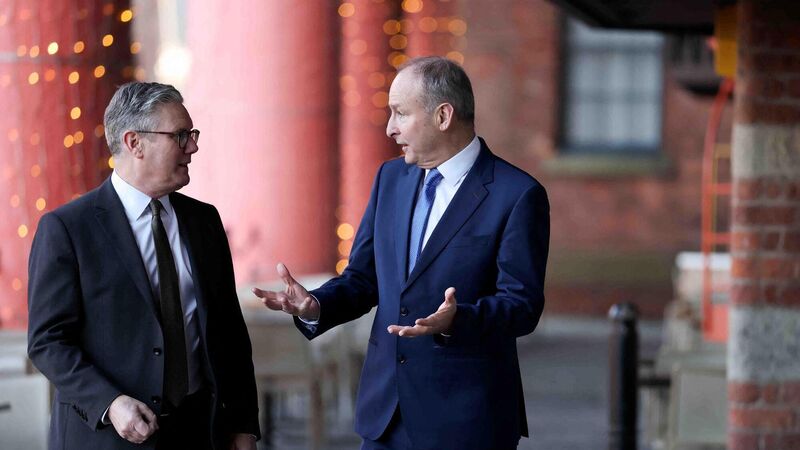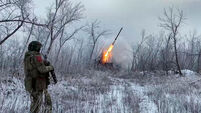Taoiseach calls EU emergency summit a 'watershed' in Europe's history

Prime Minister Sir Keir Starmer and Taoiseach Micheal Martin speak ahead of a business roundtable at the Albert Dock in Liverpool, after the first in a new series of annual UK-Ireland Summits taking place in Britain. Picture date: Thursday March 6, 2025.
An emergency meeting of the European Council marks a "watershed" in European history, the Taoiseach said.
Micheál Martin said that proposals put forward by European Commission President Ursula von der Leyen that the continent "re-arm" had "found broad favour" among leaders of the EU 27.














